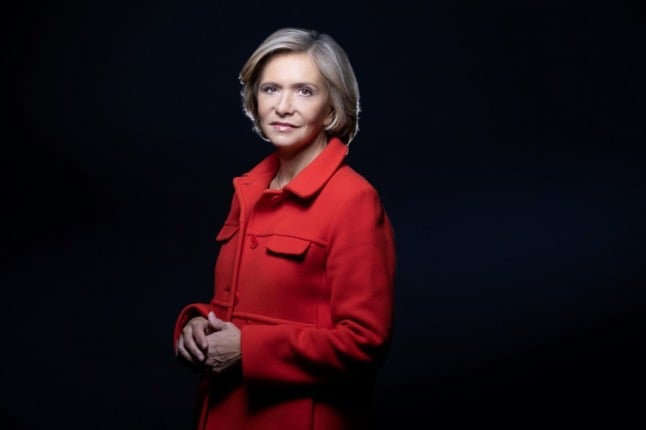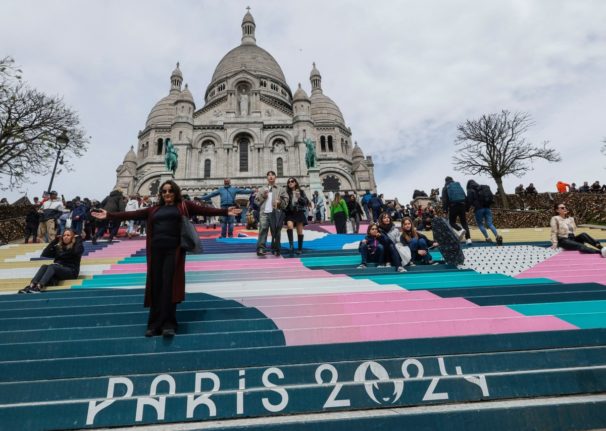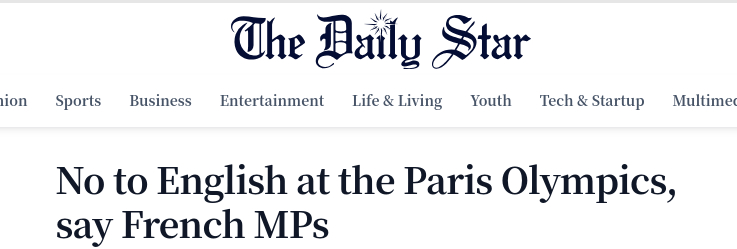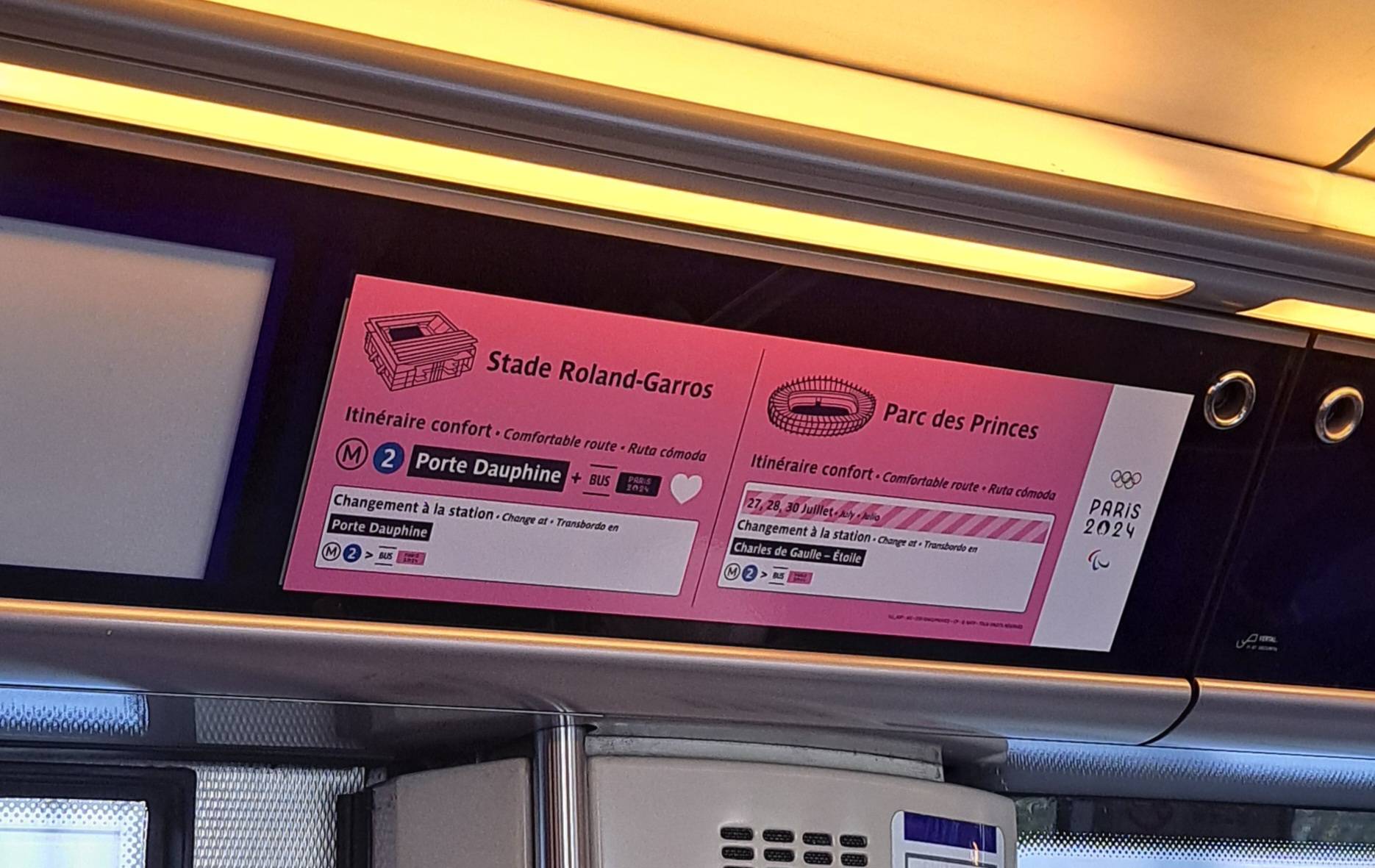Members of The Republicans (LR) in the primary run-off vote chose Pécresse, who will be the party’s first-ever female presidential candidate and presents herself as a voice of moderation, over hardliner Eric Ciotti, its leader Christian Jacob announced.
Pécresse believes rightwing voters are ready for her brand of conservatism that focuses on economic rigour as much as law and order concerns.
She has promised to “restore French pride” with a programme of budget cuts, immigration curbs, a defence of “family values” and a crackdown on crime and insecurity.
“I bring a programme of real change as France has no more time to lose after Macron’s term which has damaged and divided France so much,” Pécresse said after making the second round.
“I am the only person who can beat Emmanuel Macron. I am a woman who wins and acts,” she added.
The result was being keenly watched by the Elysée.
While all opinion polls have predicted centrist Macron should win the election, the emergence of a strong candidate on the traditional right who gains momentum during the campaign would be a major factor.
The campaign has so far been waged on the right, with Macron’s government ticking rightwards over the last months with tough rhetoric on immigration and preserving France’s secular system.
The Republicans failed to make the run-off in 2017, after its candidate Francois Fillon was felled by a corruption scandal.
But the party, out of power since 2012, makes much of its status as the inheritor of the presidencies of Nicolas Sarkozy and Jacques Chirac as well as postwar leader Charles de Gaulle.





 Please whitelist us to continue reading.
Please whitelist us to continue reading.
Member comments